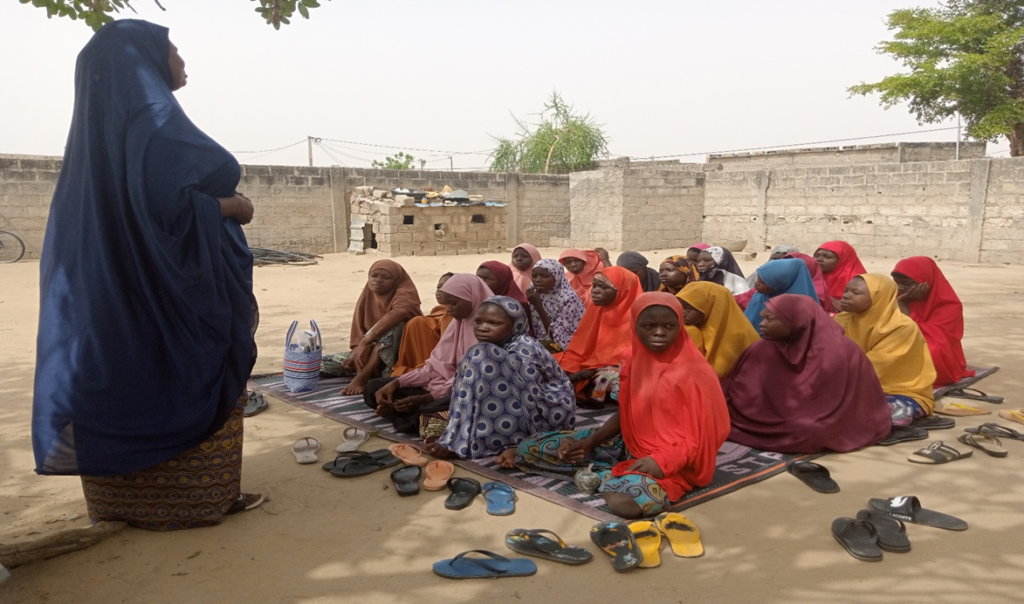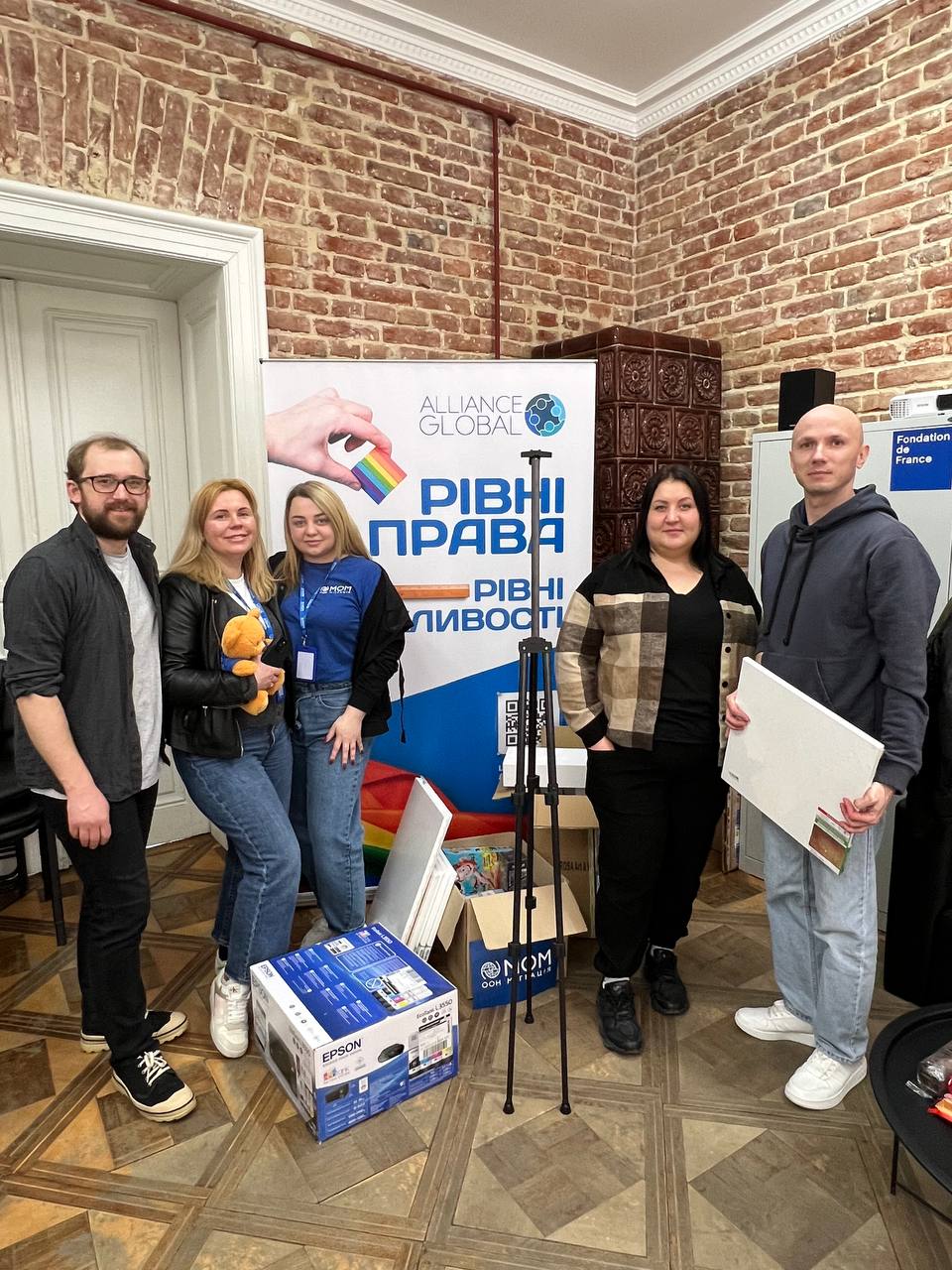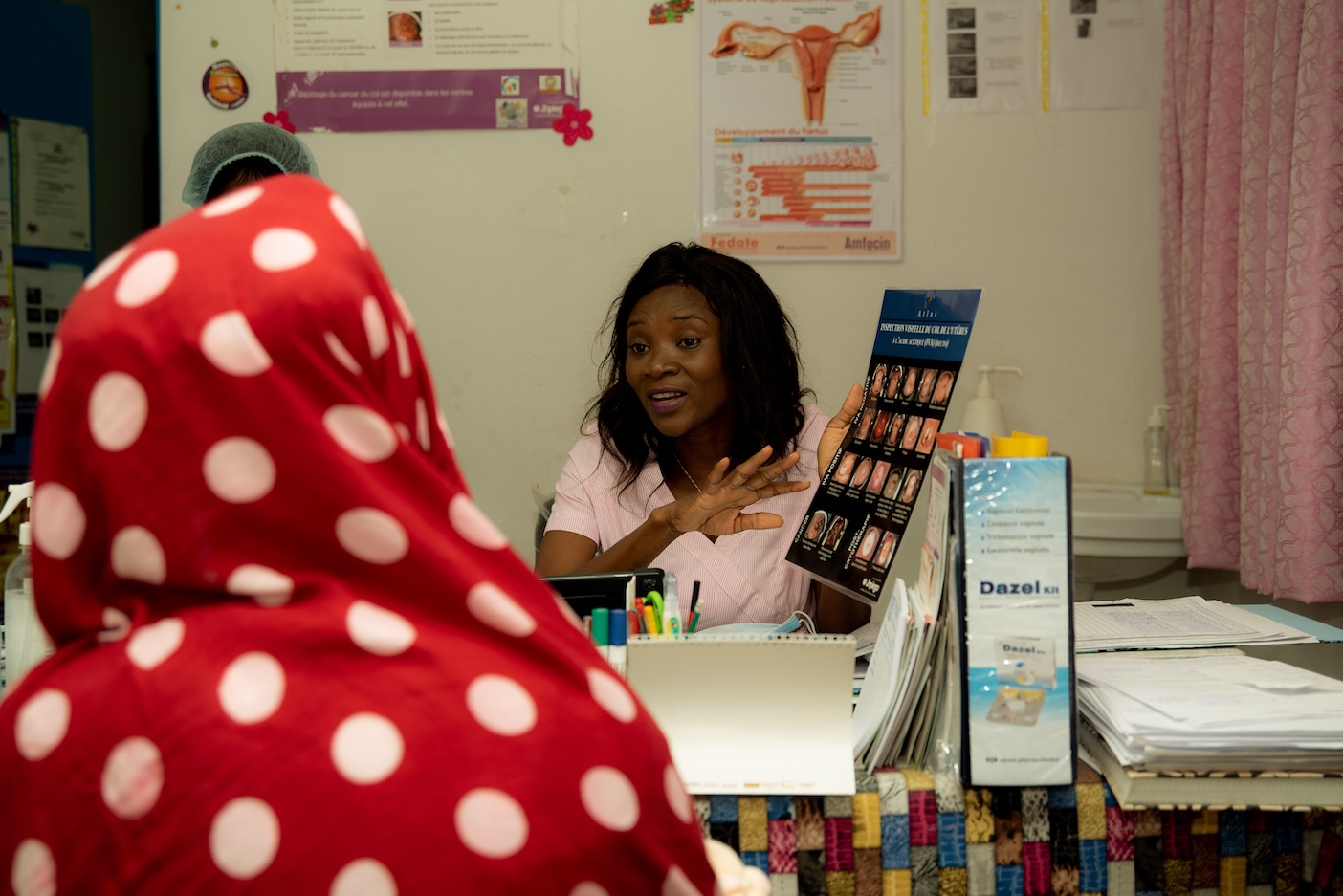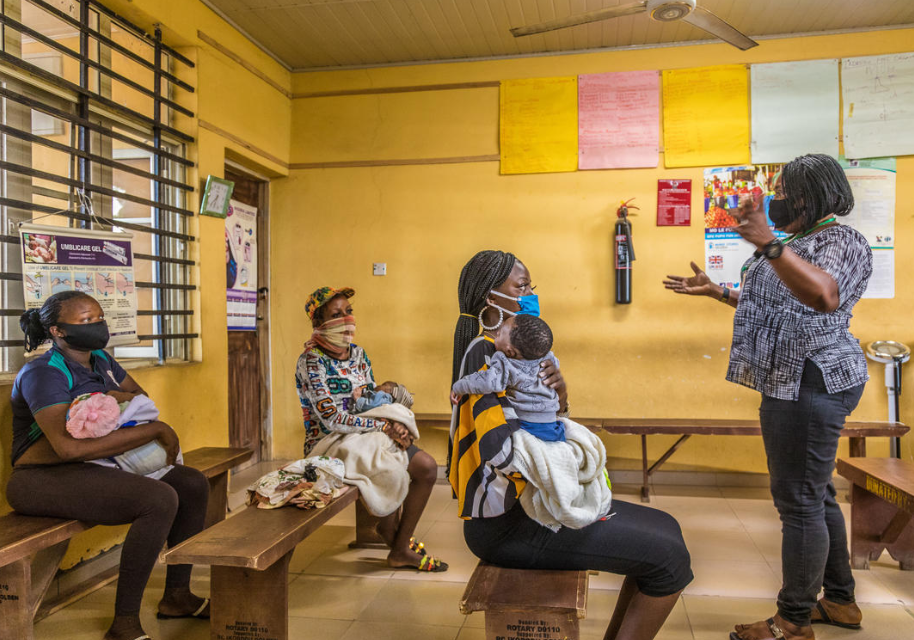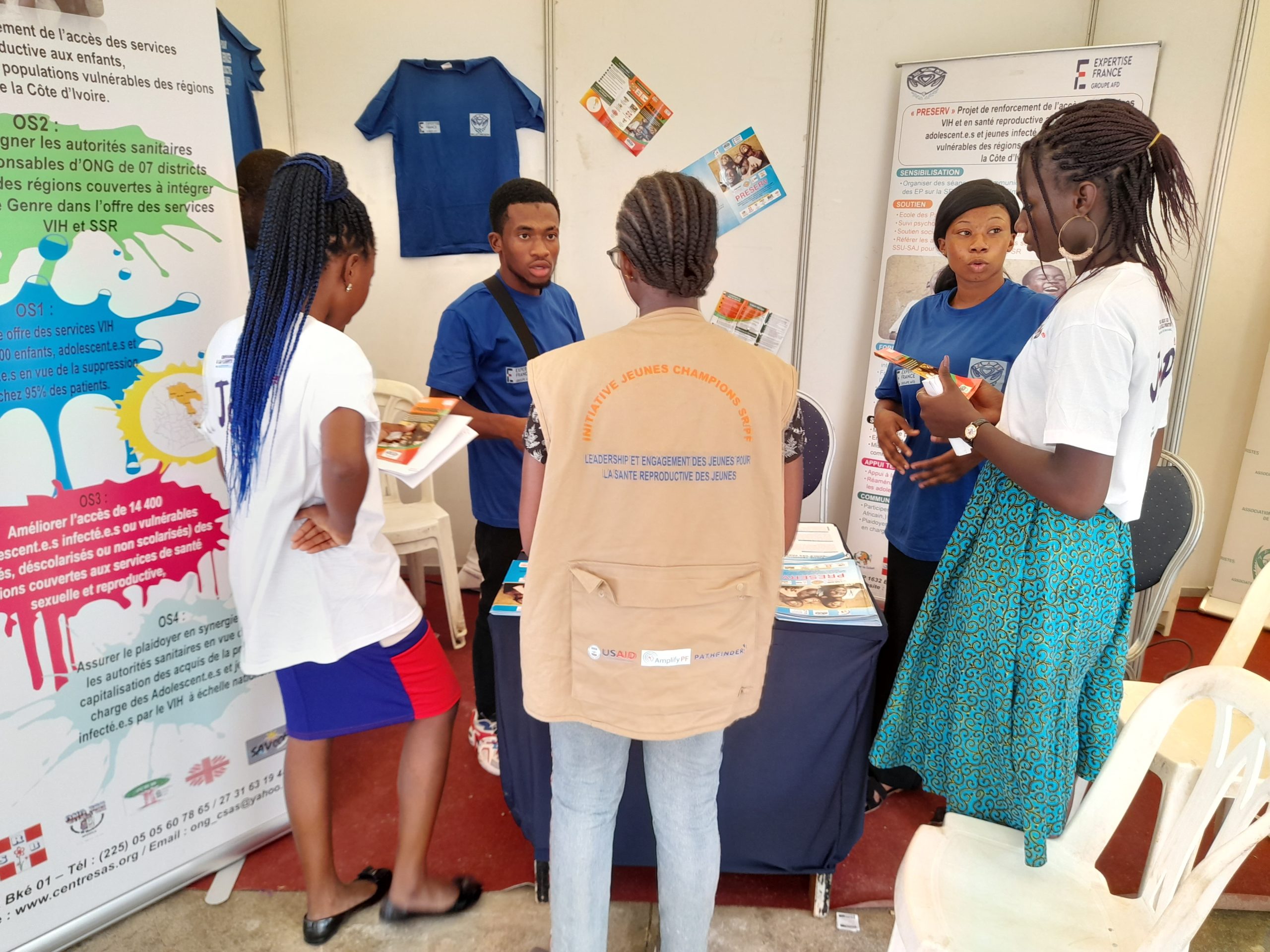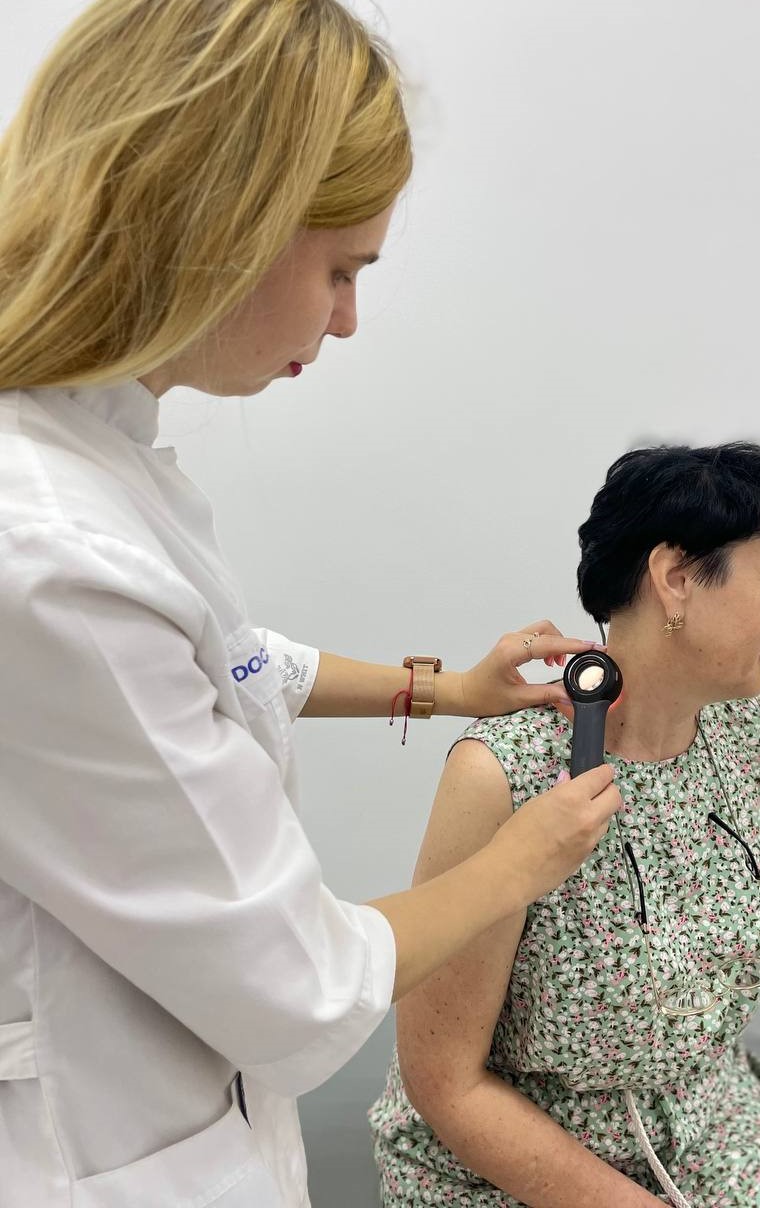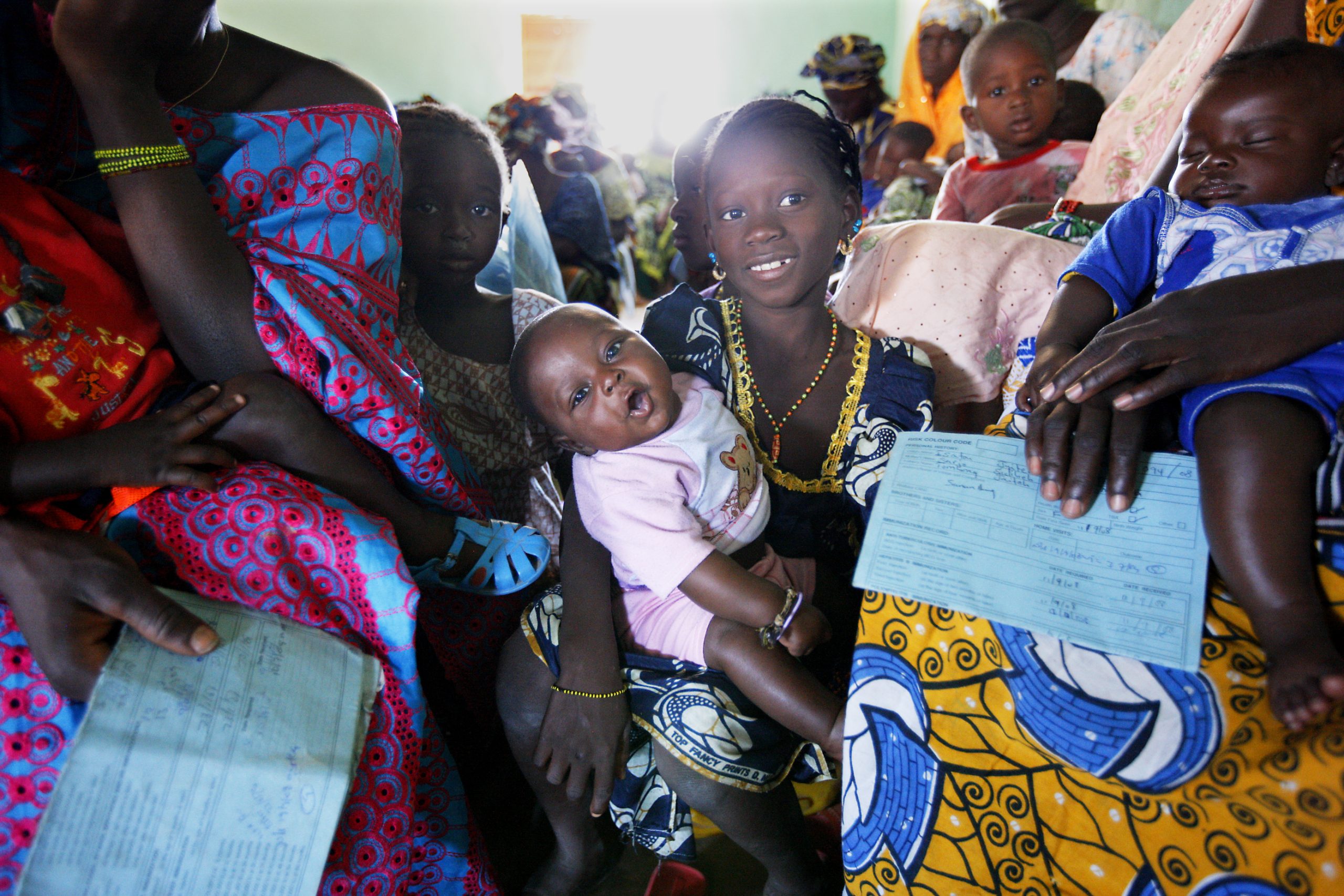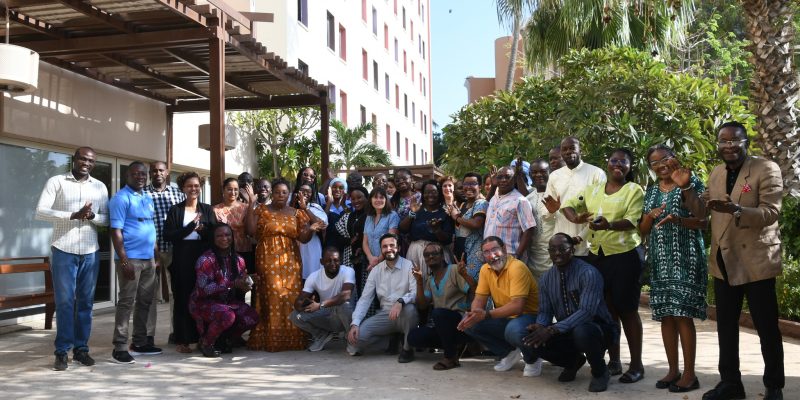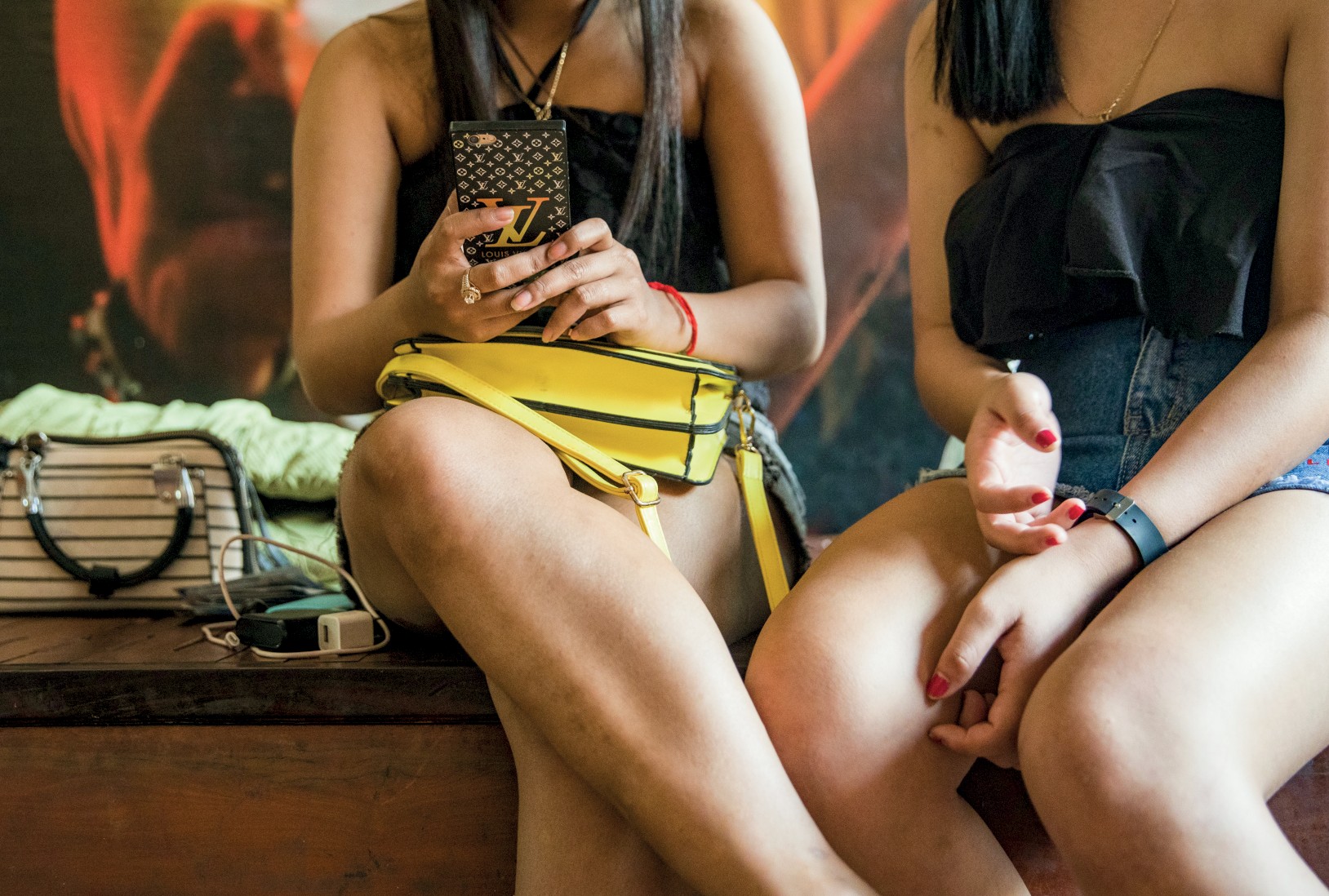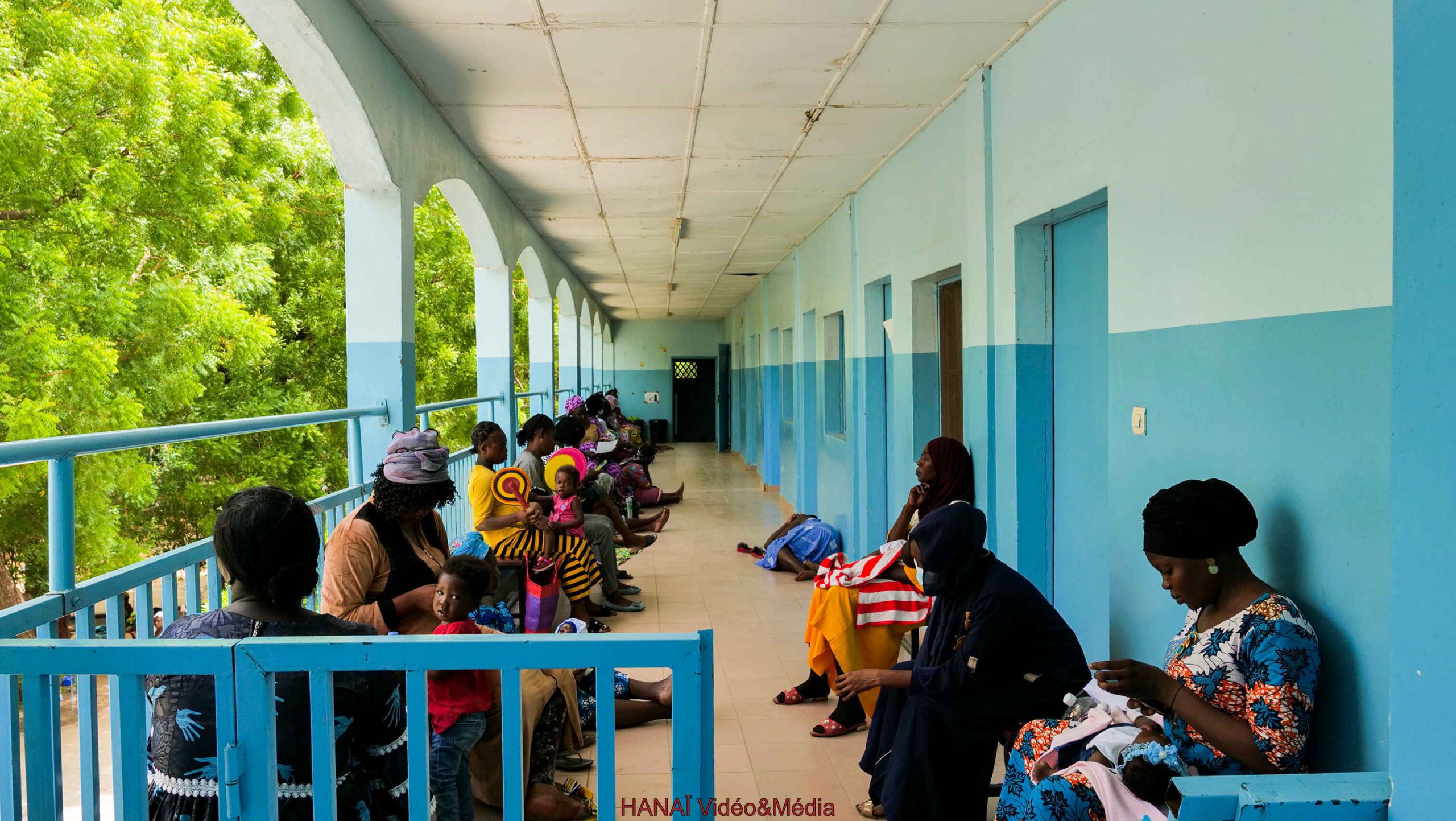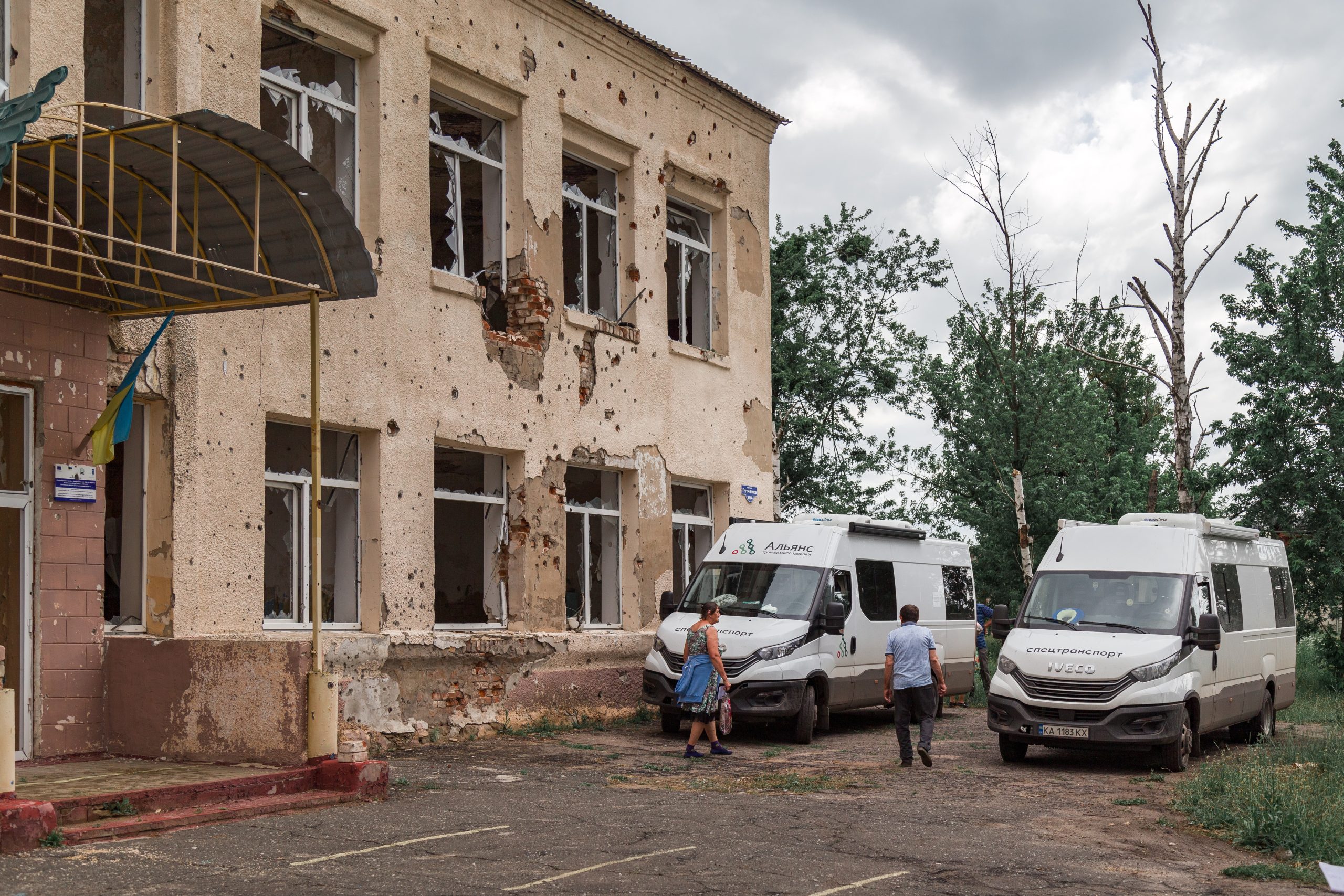This project Lahiyata, supported by the NGO Solthis, aims to improve the sexual and reproductive health rights of adolescents, particularly young girls, in the cities of Maradi and Niamey, Niger.
Context
In Niger, 70% of the population is under the age of 25, and the sexual and reproductive health of young people–especially girls and adolescents–remains a critical issue due to significant gender inequalities. 76% of girls are married before the age of 18, and contraception use is rare. In recent years, the rate of HIV infections among 15-24 year-olds has sharply increased, and gender-based violence is widespread. Since 2016, in partnership with EquiPop, Solthis and Lafia Matassa have implemented programs to reduce unintended pregnancies, gender-based violence, and sexually transmitted infections (STIs). They have also developed a network of young ambassadors who have contributed to improving healthcare for adolescents. This new project seeks to build on these efforts by introducing innovative interventions and enhancing the skills of healthcare professionals.
Description
The project Lahiyata follows a transformative gender approach and is centered on the active participation of young people. It focuses on four key areas:
- Empowerment through participatory interventions, the project promotes sexual and reproductive health and the prevention of gender-based violence via school clubs and safe spaces.
- By improving and expanding sexual and reproductive health services in school infirmaries and nearby health centers, the project aims to establish better communication between healthcare providers and young people.
- Strengthening the capacity of the Lafia Matassa organization to ensure the project’s long-term sustainability.
- Promoting young people’s perspectives on their rights, sexual and reproductive health, and violence, while lobbying authorities, community leaders, and parents to support these initiatives.
Impact
This project Lahiyata improves access to sexual and reproductive health rights for young people, particularly girls and adolescents, in Maradi and Niamey. By doing so, it contributes to reducing the risk of HIV infection among youth and combating gender-based violence that disproportionately affects this group.
